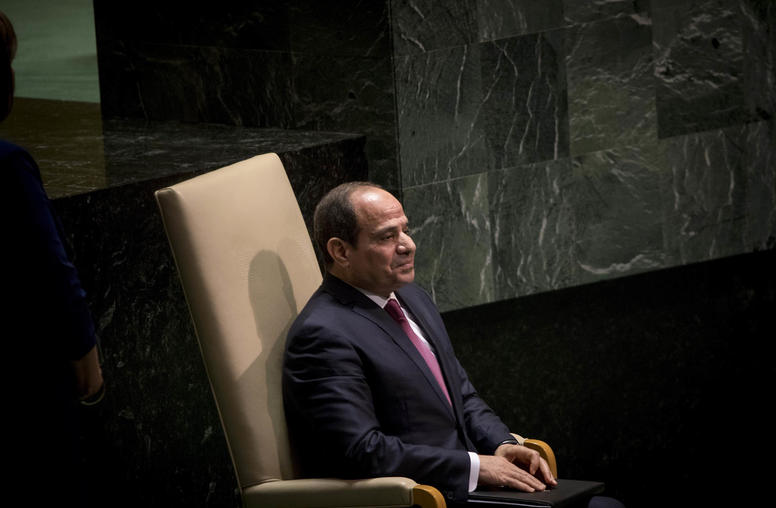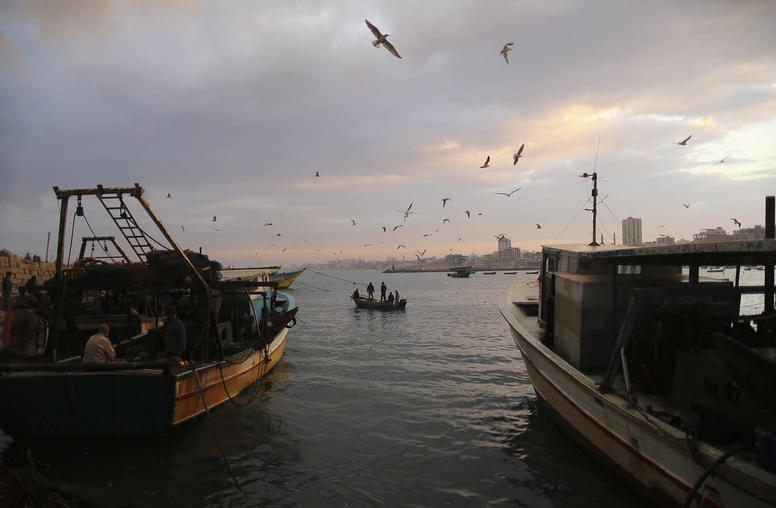Political Oppositions in the Arab World: A New Path?
Arab political parties, NGOs, syndicates, and social movements have thus far failed to forge a common strategic vision of political reform. Hobbled by disputes between Islamists, secularists, nationalists, and liberals, Arab opposition groups have frequently been manipulated by a divide and rule strategy that seeks to limit the scope of genuine democratic reforms.
Still, there are some signs that mainstream Arab opposition groups have begun to find common ground. Will such trends give oppositions the political leverage they have thus far lacked? Or will autocrats find new ways to skirt pressures for substantive political change and thus maintain an increasingly precarious status quo of state controlled reform?
With support from USAID’s Democracy and Global Governance Office, USIP’s Muslim World Initiative has supervised a path-breaking research project on the dynamics of Arab political opposition in Egypt, Morocco, Jordan, and Yemen. Please join the authors of these four studies as they present their findings and invite comments from a panel of experts, as well as from our invited guests in the audience.
Speakers
With introductory remarks by:
- Abdeslam Maghraoui
Director, Muslim World Initiative
Overview:
- Daniel Brumberg, Overview
Special Adviser, Muslim World Initiative
Case Studies:
- Dina Shehata, Egypt
Department of Government, Georgetown University - Maryam Montague, Morocco
Democracy and Governance Specialist, Management Systems International - Janine Clark, Jordan
Associate Professor, University of Guelph - Iris Glosemeyer, Yemen
Associate Lecturer, Free University of Berlin
Comments:
- Nathan Brown
Senior Associate, Carnegie Endowment - Amy Hawthorne
Director, International Center for Middle Eastern-Western Dialogue - Guilain Denoeux
Professor of Government, Colby College and Senior Associate, Management Systems International - Steve Heydemann
Director, Center for Democracy and Civil Society, Georgetown University



